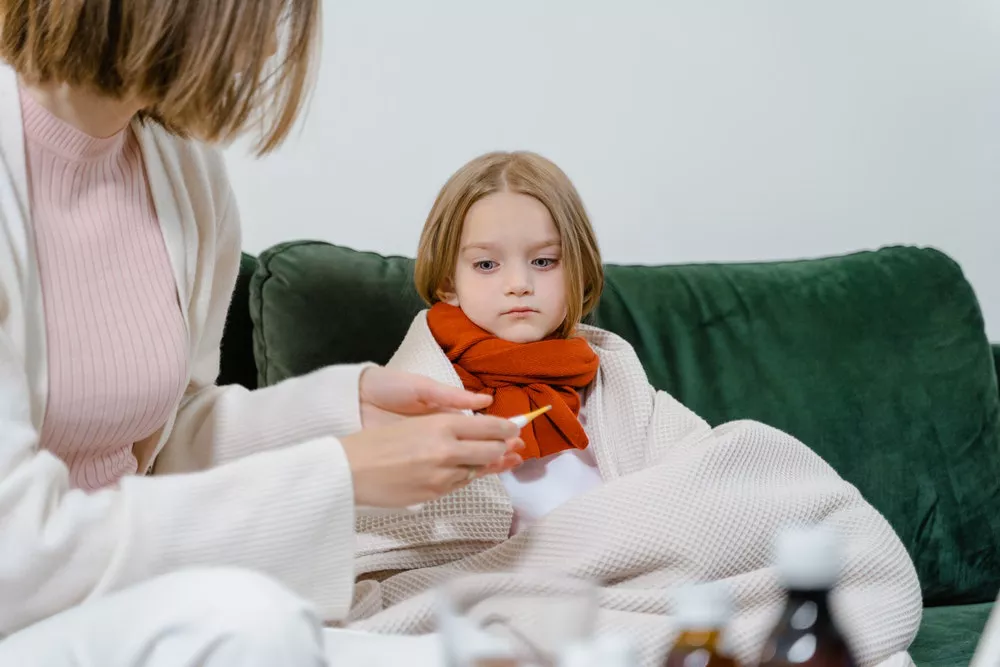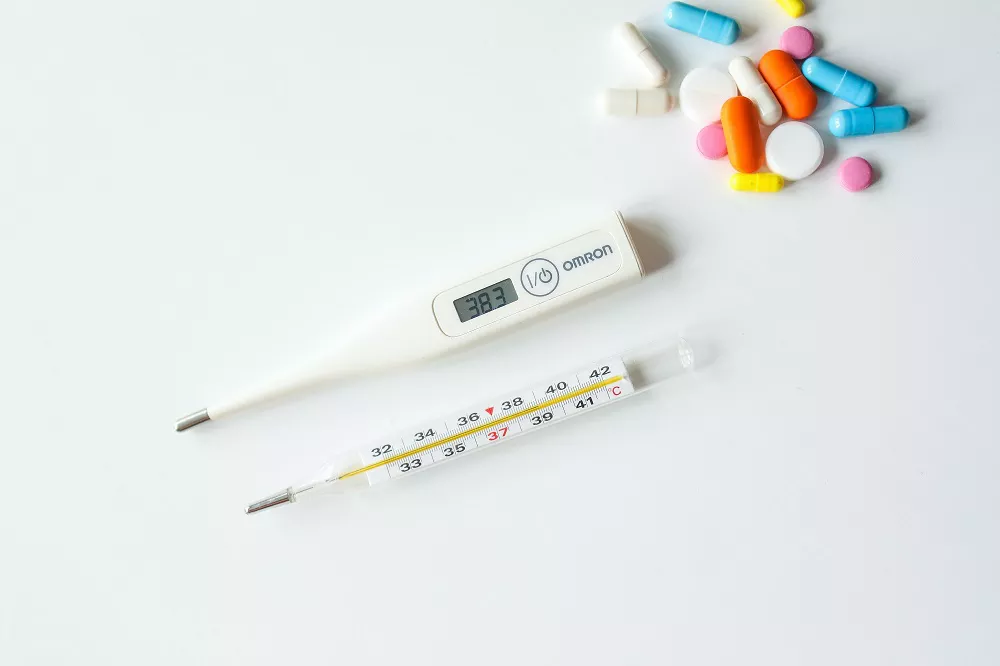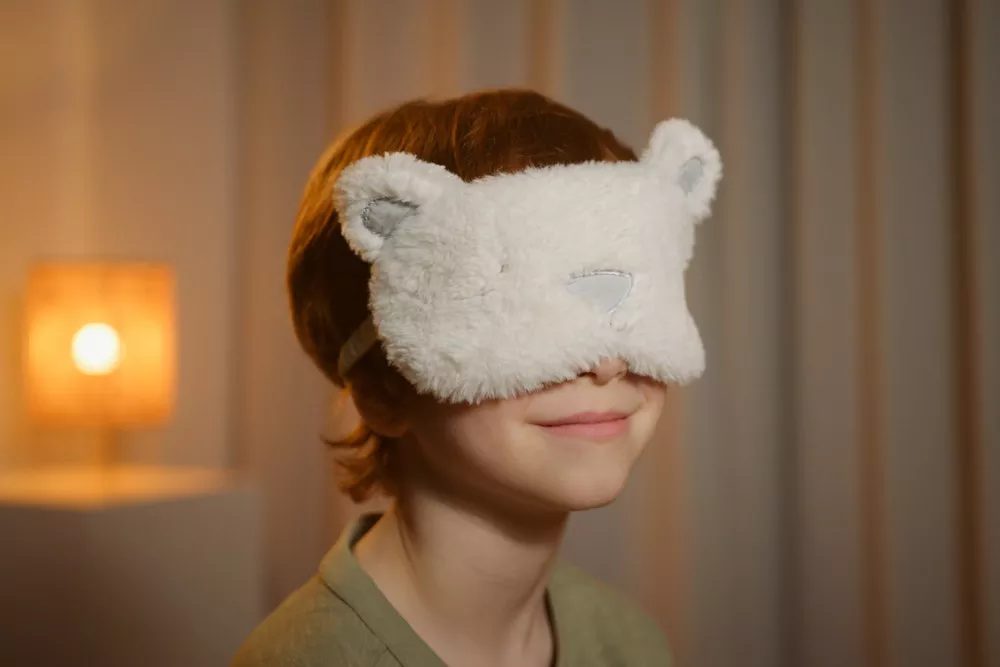Q: Can parents take a bath if their children sweating with the fever?
A: Of course. Taking a bath does not help to reduce fever, and if your child feels uncomfortable after a fever and desire to take a bath, bathing is necessary for making your child comfort.
Q: How long does a fever last?
A: About four days. Differences in the type of infection, severity of the illness and the body's response will cause the duration of the fever to vary.
Q: Can eating too much to cause a fever?
A: No. Majority of fevers are caused by infectious or non-infectious diseases. There is an additional thermogenic effect after eating, that is " Special dynamic effects of food" , which may cause normal fluctuations in body temperature, but not fever.
Q: What should pediatrician do if their child has a fever?
A: As physician, they do not reject the use of injections and intravenous infusion of fluids, and they will apply antibiotics as needed. However, if the condition allows, they will take some risks to avoid unnecessary use of drugs.




